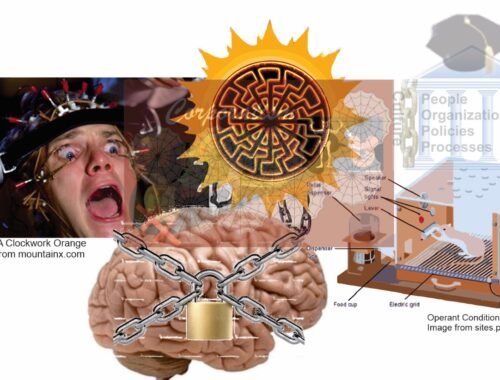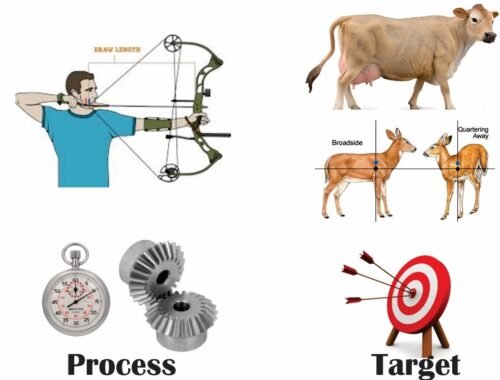
Politics, Politicians, and Accountability
There are currently 10 members of the House of Representatives, over 80. Eight are Democrats and two are Republicans. Historically, 64 were in Congress 40 years or longer. Most of these are/were Democrats as well. Five Senators are over 80, with 2 Democrats, 2 Republicans, and 1 Independent/Democrat. Historically, the Republicans had 2 Senators over 90 that were essentially senile in office. The current president dropped out of the re-election race over concerns about his mental competence. His replacement candidate did not earn any delegates when she ran for the Democratic nomination in 2016. For that matter, the Democratic party rejected Biden several times over concerns about his ethics.
We see the same trend with the judiciary. Judges appointed for life retire old or die in office. This is especially true when the opposing party controls the presidency, since the president makes judicial appointments with the advice and consent of the senate.
So, what does this mean? Perhaps 80 is the new 60, but I think it goes deeper than that. I think it means the individual politician does not matter. Party control over the office matters. That also explains why donors on the east coast donate and support members of their preferred party on the west coast.
But what does this really mean for responsibility and accountability? If an officeholder is merely a figurehead or, at best, an agent, does that mean the political party that controls the office is morally and legally responsible for the figurehead/agent’s actions? The WWII war crimes seem to show that the state and its principal agents are responsible for what the state does. I explored the moral aspects of non-state actors in Can Non-State Actors be a Collective Moral Agent? My conclusion was yes, they can be and should be held accountable for the group actions. That means the leaders of a group can be held morally and legally responsible for the group—individual group members’—actions.
The next questions are, under what circumstances can we hold party leaders responsible for the actions of their agents, and how do we do so?
At the extreme level, we try to political party managers’ responsibility for everything their agents do and, sometimes, not do. This requires us to show political office holders are truly agents for their party and that they are accountable to the party. That is, politicians are independent actors. I think common sense tells us that most parties do not fully control politicians, but the party exerts some control over them. This is perhaps on a sliding scale with several dimensions, to include:
- Campaign contributions from the party or its affiliated Political Action Committee (PAC)s.
- Out of state/district campaign contributions from party members and their affiliated PACs.
- The cognitive capabilities of the officeholders.
- The voting record of the officeholders. How often do they vote for the party line?
The PACs referred to above may be managed by companies and unions. For example, the Teachers’ Unions run PACs that fund the Union’s priorities. While corporations cannot legally require their employees to contribute to their PACs, they can subtly show it is in the employees’ career interest to do so.
This concept is complicated and will take a book to prove or disprove. The hypothesis is that political officeholders are agents of their political party, and the political managers are responsible for the officeholders’ actions, at least on a sliding scale based on the degree of control. The null hypothesis is political office holders are party agents.
The analysis relies on agency theory and the rational actor theory. Key data includes voting records, campaign contributions, and cognitive assessments.
One thing many social scientists, particularly those that have not studied physics in the practical effect of The Heisenberg Uncertainty Principle: the act of measurement, influences and alters a system. For example, consider a survey you are asked to take. Do you consider the potential ramifications of your answers and shade them? How many people will vote for Trump, but never say so on a survey or interview? The way a question is asked can also influence the response, as can disclosing survey results to date, especially if the initial sample is skewed or otherwise non-random.
Holding political parties accountable is in one sense easy and in another extremely difficult. On the easy side, we know the parties and who manages them. On the more difficult side, the parties control the legislatures and almost certainly will not be willing to pass the required legislation. It may take a third party with some power to push through the legislation.
Perhaps the time of the two-party system is over.




